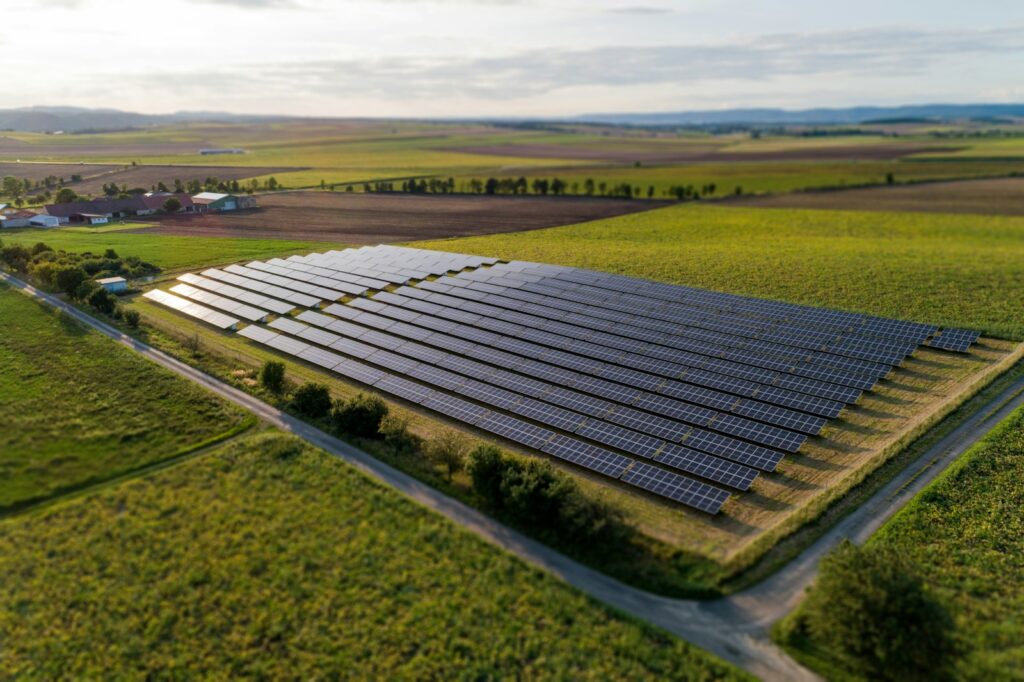Google Cloud will build a data analytics tool to help fashion manufacturers measure the environmental impact of their raw materials.
The pilot will initially focus on cotton, which accounts for 25% of all fibres used by the fashion industry, and viscose, which has links to deforestation, before expanding into a wider variety of textiles in the future.
Google hopes the data will help companies better understand how the materials they contributes to air pollution, greenhouse gas emissions, land use and water scarcity.
The pilot will collaborate closely with fashion retailer Stella McCartney, who said: ‘At Stella McCartney we have been continuously focusing on looking at responsible and sustainable ways to conduct ourselves in fashion, it is at the heart of what we do.
‘We are trying our best –we aren’t perfect, but we are opening a conversation that hasn’t really been had in the history of fashion.’
The issue of ‘fast fashion’ was highlighted in March when the UN told global fashion retailers they must clean up their act and put a stop to the environmentally damaging aspects of the industry.
The industry is the second-biggest consumer of water, generating around 20% of the world’s wastewater and releasing half a million tons of synthetic microfibers into the ocean annually.
UK fashion retailers faced heavy criticism from a Parliamentary Committee in January, who accused them of a ‘shocking’ lack of commitment towards environmental sustainability.
The Environmental Audit Committee (EAC) asked each retailer about their position on a variety of industry initiatives such as the use of organic and sustainable cotton, limiting the release of hazardous chemicals and re-using or recycling unsold clothes.
It found JD Sports, Sports Direct, Amazon UK, TK Maxx, Boohoo and Missguided to be least engaged with these initiatives, with none using sustainable cotton and only Boohoo and Sports Direct using recycled material in their clothes, although MPs expressed concerns about Boohoo’s trade union stance.
Photo credit
















